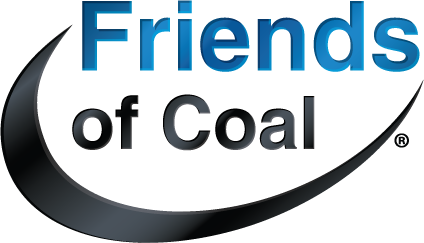- Details
US Patent 6976362 - Integrated Fischer-Tropsch and power production plant with low CO2 emissions
- Details
- Details
| |||
| | |||
| |||
| |||
| |||
|
- Details
Abstract
Fischer−Tropsch (FT) synthesis is a technology to produce liquid fuels from coal, natural gas, and biomass as an alternate to crude oil. However, the quantity of emitted CO2 from the FT process consisting of syngas preparation, FT synthesis, and product workup is one of the serious disadvantages of FT process. The conversion of CO2 into hydrocarbons is one of the promising methods to decrease CO2 emissions. Effects of promoter addition on the activity of precipitated Fe catalysts for the conversion of CO22 and CO2-containing syngas feeds. The results suggested that CO2 can be activated by suitable promoter(s) for hydrocarbon synthesis at low temperature. Low K content is suitable for increasing hydrocarbon yield. The Fe catalysts promoted by equal Zn and Cu have higher CO and CO2 conversion and decreased CH4 selectivity." were studied using pure CO
So, even though CO2 is generated both by coal combustion for power generation and by some indirect processes of coal liquefaction, "CO2 can be activated by suitable promoter(s) for hydrocarbon synthesis at low temperature".
In other words, Carbon Dioxide, wherever we get it, can be converted into hydrocarbons, such as liquid fuels, in a low energy, "low temperature", process.
And, note: Even though the work was performed in China and Japan, it was reported by the American Chemical Society.
This process of coal conversion and CO2 recycling might be "low temperature", but it's way past time for our Coal Country journalists to start turning up the heat on the topic of coal conversion and CO2 recycling, isn't it?
- Details
"UOP LLC, a Honeywell company, announced that it will partner with the USC Loker Hydrocarbon Research Institute to develop and commercialize new technology to transform carbon dioxide into clean-burning alternative fuels.
USC developed fundamental chemistry to transform carbon dioxide to methanol or dimethyl ether, two potentially cleaner-burning alternatives to traditional transportation fuels, thereby reducing emissions of carbon dioxide, a gas known to contribute to global warming.
Nobel Laureate and USC College Distinguished Professor George Olah, director of the Loker Hydrocarbon Research Institute, his colleague G.K. Surya Prakesh and their team of researchers have developed fundamental chemistry that could aid in the improved production of methanol and/or dimethyl ether from a variety of sources such as natural gas, coal and carbon dioxide."
To repeat: California researchers developed technology to improve the "production of methanol and ... dimethyl ether from ... coal and carbon dioxide".
Not that we couldn't do that previously, mind you, but, the technology to convert Coal and Carbon Dioxide into liquid fuels is being improved - in California!






